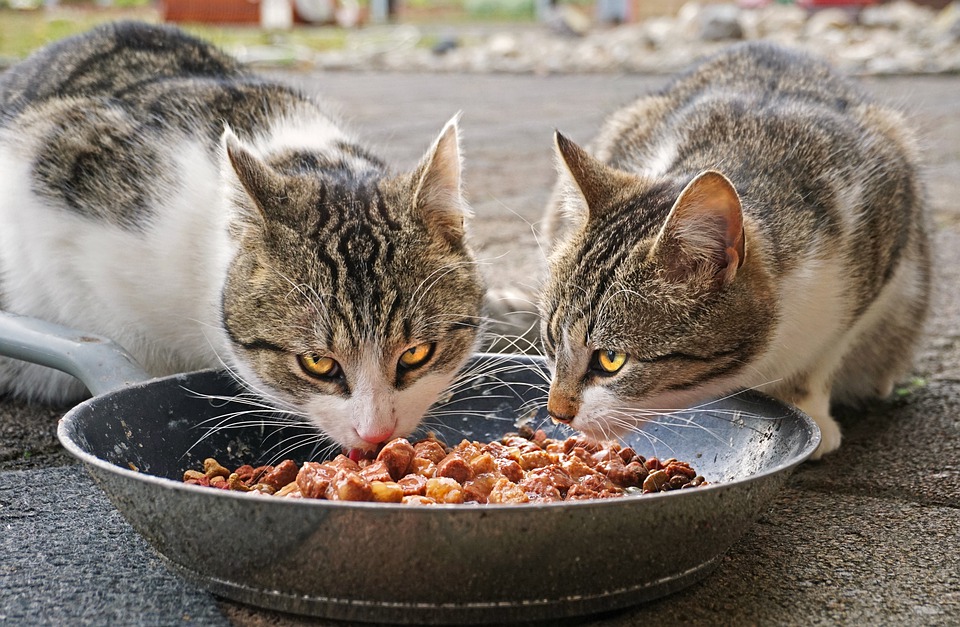Lately, there has been a lot of controversy surrounding the topic of DCM and pet food. DCM, or dilated cardiomyopathy, is a disease of the heart experienced by cats, dogs, and even humans. DCM has been around for a while, but within the past few years, the number of DCM cases in cats and dogs has risen. This has raised a lot of questions about the disease and how pet food plays a role, some of which you can find the answers to below.
FAQ #1: What is DCM?
We already know that DCM is a disease of the heart, but let’s get more specific. DCM is when the heart is enlarged past its normal size, which is problematic for a few reasons. The enlarged heart ventricles cause the heart to become extremely weak. In its weakened state, the heart is unable to pump blood as it should. When left untreated, DCM can be very serious and even lead to death.
FAQ #2: What are the Common Symptoms of DCM?
Some symptoms will go unnoticed, like the internal dilation of the heart’s ventricles. But others will become very apparent over time, especially as DCM progresses. Common symptoms include decreased appetite, lethargy, coughing, wheezing, and collapse. You might also notice the abdomen of your pet to become distended when DCM is present.
FAQ #3: What are the Causes of DCM?
DCM is thought to be caused by a combination of a few things. Similarly to humans, the risk of DCM is increased with an unhealthy lifestyle. When a pet is overweight and remains mostly sedentary, the risk of developing dilated cardiomyopathy increases. Feeding your pets unhealthy “human” foods is another culprit. Actually, even improper pet food can lead to DCM, which we will talk about next.
FAQ #4: Should Any Pet Foods Be Avoided?
Studies are showing that DCM is linked to the food that a dog consumes. But what type of food, specifically? There is no real answer as to the specific food you should be feeding your canine, but there are answers to what you should not feed your pup.
First of all, you should try avoiding dog foods containing wheat products, especially if your pet has been experiencing an allergy of some kind. Grain-free foods are the best way to accommodate dogs with allergies and food sensitivities, and there is no direct correlation between DCM and grain-free diets. However, there is conclusive research on how a grain-free diet can help dogs with allergies. If you want to be extra safe when it comes to your pet’s DCM, it would be a smart idea to invest in the best pet insurance and make sure your pet stays safe healthy and safe.
You should avoid feeding your pet any dog foods that contain too many unnecessary fillers. This is a practice by pet food manufacturers trying to stick within a budget. Keep in mind that these fillers don’t bring any nutritional value to your dog’s diet, but they can also be harmful. Your dog will have trouble digesting these fillers, and digestion problems increase the likelihood of developing DCM. When in doubt, try not to purchase the cheapest bag of kibble – these are likely to be riddled with fillers, preservatives, and dyes.




